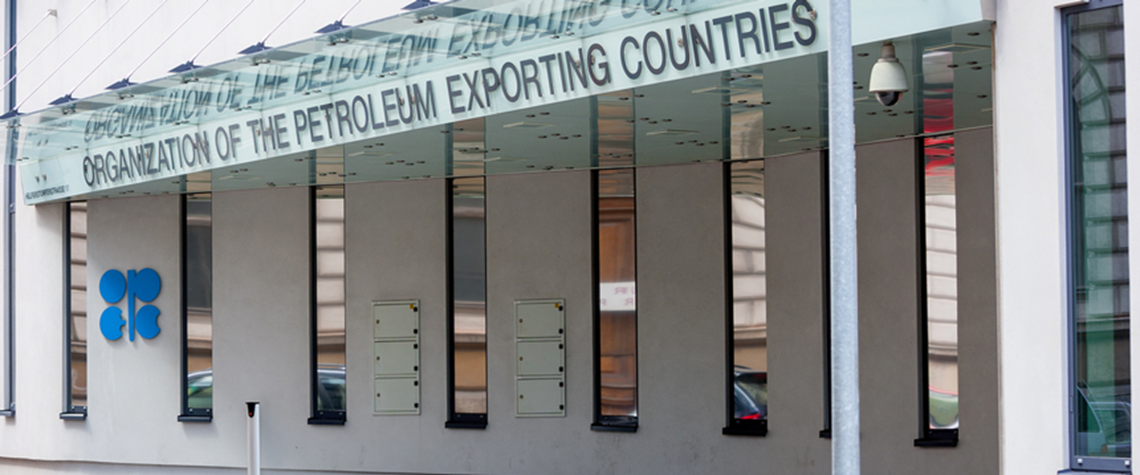Opec’s swing producers to stick to deal
Opec’s top producers are unlikely to deviate from an agreement that has brought market stability and buoyed prices
Saudi Arabia has continued to reject calls from the US to increase oil production as Brent crude hovers around $90-100/bl. The latest rejection comes amid increased speculation that the Kingdom and the UAE—holders of the bulk of global spare production capacity—could break from the 2020 output restraint deal signed between Opec and ten non-member countries in order to increase their market share and make the most of current prices. The US State Department’s energy envoy, Amos Hochstein, and National Security Council Middle East coordinator, Brett McGurk, held talks with Saudi officials in Riyadh in February with the goal of pressuring the country to raise production and stabilise the market.

Also in this section
26 February 2026
OPEC, upstream investors and refiners all face strategic shifts now the Asian behemoth is no longer the main engine of global oil demand growth
25 February 2026
Tech giants rather than oil majors could soon upend hydrocarbon markets, starting with North America
25 February 2026
Capex is concentrated in gas processing and LNG in the US, while in Canada the reverse is true
25 February 2026
The surge in demand for fuel and petrochemical products in Asia has led to significant expansion in refining and petrochemicals capacities, with India and China leading the way







